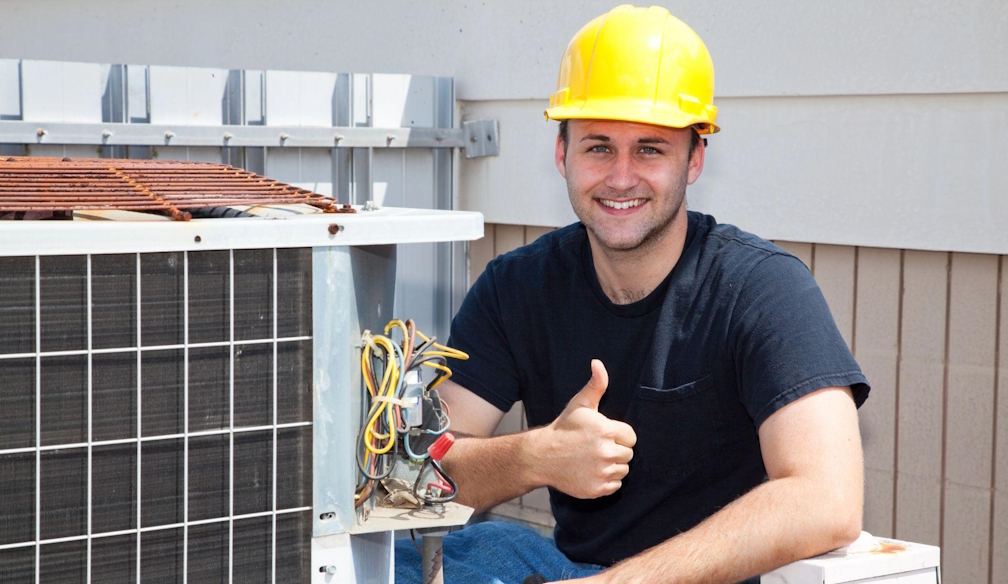Practical Tips for Efficient Air Conditioning Repair

As we grapple with the increasing temperatures and unpredictable weather conditions brought by climate change, a fully functioning air conditioner (AC) evolves from being a luxury to becoming an essential tool for our daily comfort. Hence, regular air conditioning repair and maintenance play a crucial role in ensuring optimum indoor comfort, air quality, and energy efficiency within our homes, workplaces, and other enclosed spaces. This comprehensive guide is packed with valuable information about air conditioning systems, common troubleshooting practices, and practical tips for efficient repair and maintenance.
Understanding the Basics of Air Conditioning System
The standard air conditioning system operates based on a fairly simple principle. At its core, the AC operates through a refrigeration cycle that involves absorbing heat from the indoor environment and subsequently releasing it outdoors, resulting in a cooler indoor temperature. This is achieved through the coordinated functions of various critical components, including the evaporator, condenser, compressor, and expansion valve.
Multiple types of AC systems are available in the market, and they vary primarily based on their design, capacity, and the type of buildings they are intended for. These include window AC units, split AC systems, and central air conditioning systems among others. An effective understanding of the type of AC system you own will help you in effectively identifying and addressing issues when they arise.
Common symptoms of a malfunctioning AC system include inadequate cooling despite the system being in operation, unusual noises emanating from the unit, evidence of leaks or water dripping from the system, and an unresponsive unit even when switched on.
Preventive Tips for Air Conditioning Maintenance
Although costly breakdowns and dysfunction may occur seemingly at a moment's notice, the reality is that many of these scenarios can be avoided through regular maintenance and checks. Regular maintenance activities not only maximise efficiency with regular AC maintenance but also prolong the service life of your air conditioning unit.
These preventive activities include regular inspection of the system, including the filters, coils, and fins, to ensure they are not clogged or excessively worn. Regularly replacing or cleaning the filters alone can significantly reduce the energy consumption of your AC by 5-15%.
Another important component often overlooked is the outdoor condenser and compressor unit, which is susceptible to dirt and other environmental elements. Regularly removing dirt or foliage around the unit improves its efficiency and prolongs its useful life.
Identifying Common Air Conditioning Problems
The warning bells that indicate potential air conditioning issues might not always be loud and clear. While the obvious signs include a system that's not cooling adequately or producing unusual sounds, other subtle signs might include a sudden increase in your electricity bill, indicating the system is consuming more energy to perform its task.
Common problems that could afflict your system range from refrigerant leaks, sensor glitches, and electrical control failure to the breakdown of the essential parts like the compressor or fans.
Ignoring these warning signs and problems will not only lead to an uncomfortable indoor environment but might also culminate in a complete system failure – an expensive headache that can surely be avoided.
Practical Steps in Efficient Air Conditioning Repair
One of the first steps in efficient air conditioning repair is proper diagnosis. Begin by troubleshooting to identify the root cause of the problem. This can involve observing the AC in operation, listening for unusual sounds, and watching out for any visible anomalies like ice formations around the coils or leaks around the unit.
However, while certain repairs such as filter changes or minor clogs can be handled independently, more complex issues should be left to professionals. In an era of increasing DIY trends, it’s important to know your limits to avoid causing more damage to your system or incurring bodily harm. Remember, safety should always be the primary concern in all repair endeavours.
Choosing the Right HVAC Professional for Repair Services
When it comes to professional air conditioning repair, and other HVAC services, not all service providers are created equal. The right service provider should not only have qualified personnel and sufficient experience but should also possess a solid reputation for quality service.
Hiring a professional ensures proper diagnosis and effective repair, thus reducing the risk of experiencing the same problem in the future or creating new issues.
Be wary of excessively cheap service providers or those who promise a quick fix without a proper diagnosis. After the repair, if done properly, you should notice a significant improvement in your system's performance.
Conclusion
A well-functioning air conditioning system contributes significantly to our daily comfort and productivity. From understanding the basics of your AC unit, prioritising preventive maintenance, early identification of common AC problems to efficient repair practices, and knowing when to seek a professional's help, this guide has provided practical tips that will surely come handy. Remember, the ultimate goal is the continued convenience and comfort a well-functioning air conditioner brings to our lives.

















